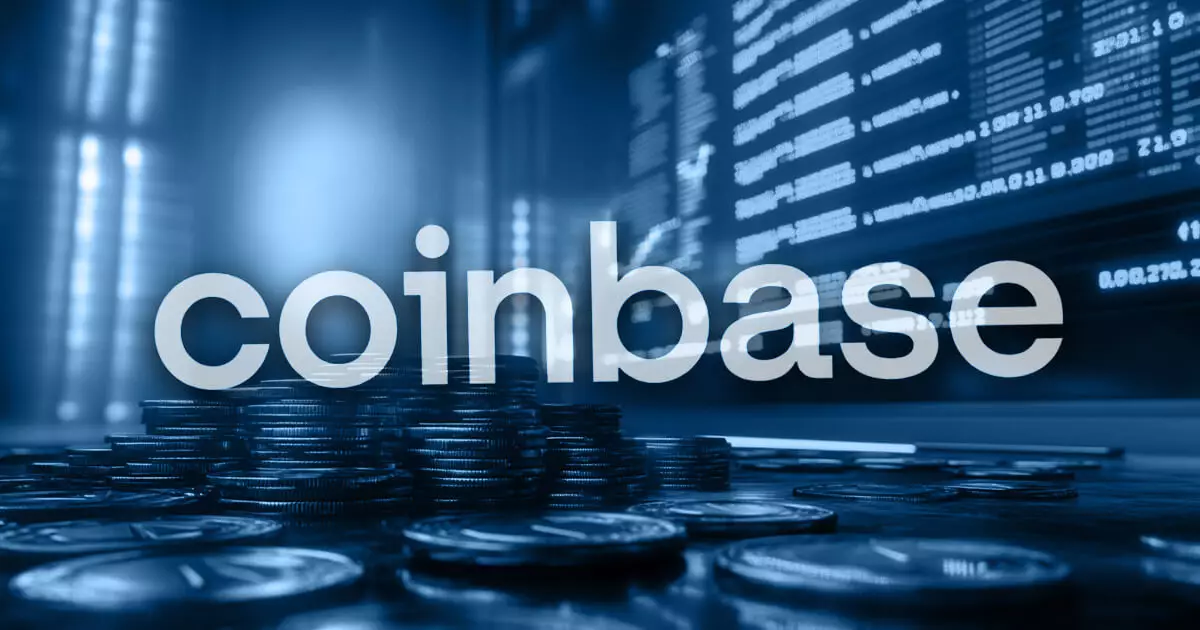The cryptocurrency landscape has always been rife with contention, particularly when discussing the policies and practices of major exchanges. Recently, a heated disagreement emerged between Justin Sun, the founder of the Tron Network, and Andre Cronje, co-founder of Sonic Labs, against Coinbase’s CEO Brian Armstrong regarding the alleged “free” asset listings that Coinbase reportedly provides. This dispute shines a light on the complex and sometimes opaque nature of listing fees within the crypto market.
On November 4, 2023, Justin Sun made headlines with his assertion that Coinbase requested a staggering 500 million TRX—approximately valued at $80 million—for the listing of Tron’s native token, TRX. Sun further contended that unlike Coinbase, Binance had not charged any fees for TRX’s listing. He also claimed that Coinbase demanded a $250 million deposit in Bitcoin for custody services, ostensibly to bolster liquidity for the trading platform. This assertion raised eyebrows in the crypto community as it contrasted sharply with what many stakeholders in the industry believed to be Coinbase’s policy of no listing fees.
Supporting Sun’s claims, Andre Cronje echoed similar experiences, detailing that Coinbase had solicited fees for listings ranging between $30 million and $300 million. This revelation complicated the narrative that Coinbase aimed to present, which painted a picture of a transparent platform unencumbered by payment structures that could be deemed exorbitant. Cronje’s assertion that Binance had rendered its services without such financial demands further fueled skepticism regarding Coinbase’s standing in the market.
Notably, in response to these claims, several crypto community members emerged to defend Coinbase. Greg Osuri, founder of Akash Network, stated unequivocally that his project incurred no listing fees from Coinbase. Haider Rafique, the CMO at OKX, lent his support by emphasizing Coinbase’s transparency and absence of such charges. These defenses suggest a divide in experiences among different projects regarding Coinbase’s listing strategy.
Luke Youngblood, a contributor to Moonwell DeFi, added another layer to the discourse by clarifying that Coinbase occasionally engages in marketing campaigns through its Earn platform, which may necessitate spending but is fundamentally unrelated to the actual asset listing process. Youngblood articulated the possibility that Cronje’s interpretation might have conflated these marketing initiatives with listing fees, an honest misunderstanding that highlights the need for clarity in communication from exchanges.
The fallout from these allegations reached beyond personal interactions and individual projects, touching upon broader market practices. The discussions shifted toward the costs associated with listing on various exchanges. Simon Dedic, CEO of Moonrock Capital, brought forth allegations that Binance could demand as much as 15% of a project’s total token supply—potentially translating to a financial burden of $50 million to $100 million. His statements emphasized the detrimental impact such costs could have on liquidity and market stability, particularly for nascent projects striving for growth.
In stark contrast, Binance’s co-founder He Yi immediately dismissed Dedic’s claims as unfounded, describing them as “fear, uncertainty, and doubt” (FUD). Yi underscored Binance’s rigorous listing criteria and clarified that even the provision of promotional tokens does not guarantee a listing. This highlights the diversity in operational models among exchanges and raises questions about equity and accessibility in the crypto market.
The discord between Justin Sun, Andre Cronje, and Coinbase reveals the intricate and often contentious nature of asset listings in the rapidly evolving cryptocurrency space. While some projects may experience significant financial demands, others may navigate the process without incurring costs. As the cryptocurrency industry persists in expanding, more transparent communication regarding listing practices will be imperative. Exchanges must strive to evolve their policies while ensuring clarity for potential projects, thereby fostering an environment built on trust and openness rather than ambiguity and speculation.









